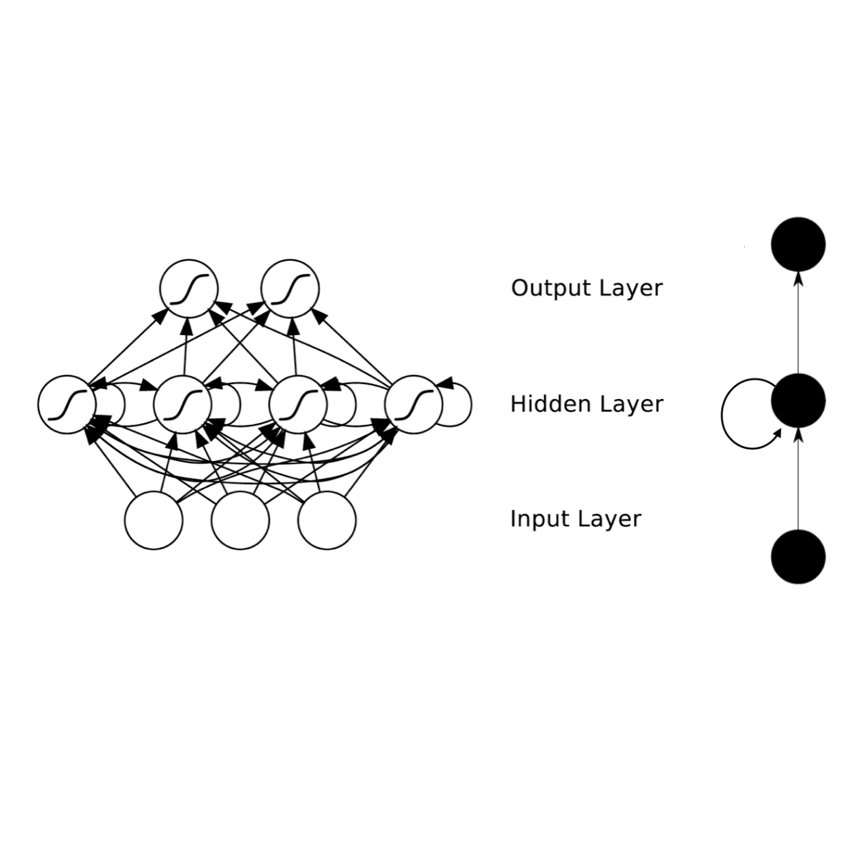Attributes, such as metadata and profile, carry useful information which in principle can help improve accuracy in recommender systems. However, existing approaches have difficulty in fully leveraging attribute information due to practical challenges such as heterogeneity and sparseness. These approaches also fail to combine recurrent neural networks which have recently shown effectiveness in item recommendations in applications such as video and music browsing. To overcome the challenges and to harvest the advantages of sequence models, we present a novel approach, Heterogeneous Attribute Recurrent Neural Networks (HA-RNN), which incorporates heterogeneous attributes and captures sequential dependencies in \textit{both} items and attributes. HA-RNN extends recurrent neural networks with 1) a hierarchical attribute combination input layer and 2) an output attribute embedding layer. We conduct extensive experiments on two large-scale datasets. The new approach show significant improvements over the state-of-the-art models. Our ablation experiments demonstrate the effectiveness of the two components to address heterogeneous attribute challenges including variable lengths and attribute sparseness. We further investigate why sequence modeling works well by conducting exploratory studies and show sequence models are more effective when data scale increases.
翻译:元数据和剖面图等属性含有有用的信息,原则上可以帮助改进推荐人的系统的准确性;然而,由于差异性和稀少性等实际挑战,现有方法难以充分利用属性信息;这些方法也未能将近期在视频和音乐浏览等应用中项目建议中显示有效性的经常性神经网络结合起来;为了克服挑战并收获序列模型的优点,我们提出了一个新颖的方法,即异种属性常态神经网络(HA-RNNN),它包含各种属性,并捕捉到\textit{thethy}项目和属性的相继依赖性。HA-RNNN扩展了经常性神经网络,1)分级属性组合输入层,2)输出属性嵌入层。我们对两个大型数据集进行了广泛的实验。新方法显示,状态模型有了重大改进。我们进行的研究实验表明两个组成部分在应对差异属性挑战方面的有效性,包括不同长度和分散性。我们进一步调查为何通过进行探索性研究来很好地进行序列建模,并在数据规模扩大时显示序列模型更为有效。





